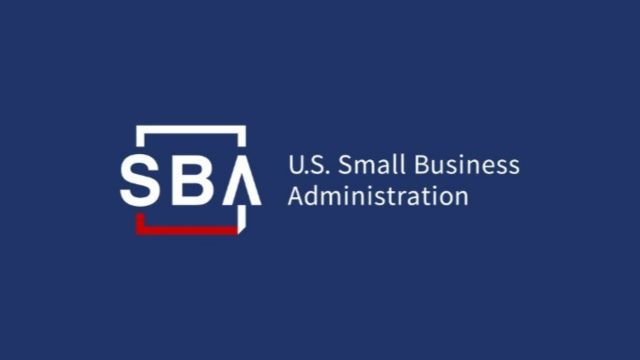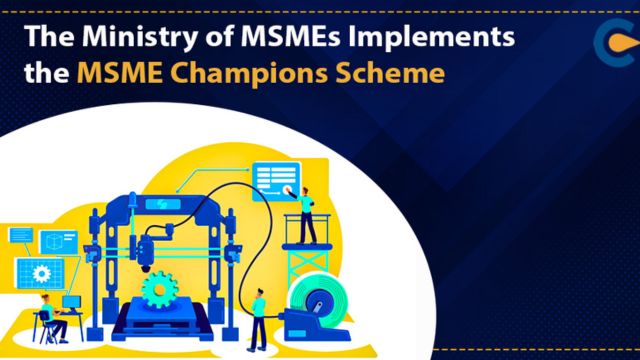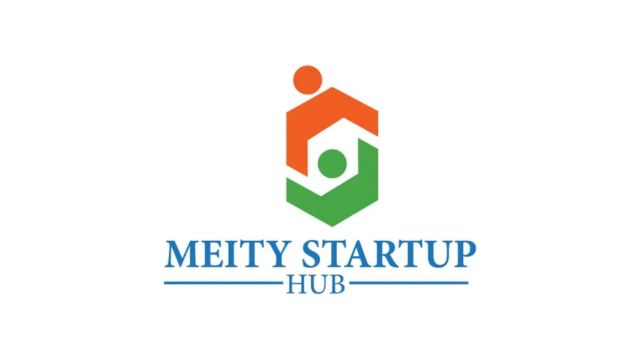The U.S. Small Business Administration (SBA), one of the most powerful government organizations in the world, supports the success of small enterprises, which are the foundation of any economy. Despite being an American organization, its services and concept are widely used around the world, making it significant not only to American business owners but also to governments, aspiring founders, and global business ecosystems.
What is the SBA?
The goal of the U.S. Small Business Administration (SBA), a government organization founded in 1953, is to assist American entrepreneurs and small enterprises. The organization accomplishes this by providing government contracting opportunities, disaster aid, training, mentorship, and money.
Businesses do not directly receive loans from the SBA. Rather, it collaborates with banks and lenders to guarantee loans, which lowers the risk for lenders and facilitates funding for small enterprises. Small businesses and startups who might normally be rejected by traditional banks for lack of expertise, collateral, or credit history benefit from this strategy.
Key Functions of the SBA

1. Access to Capital
One of the SBA’s most critical roles is facilitating financing for small businesses. It offers several loan programs, such as:
- 7(a) Loan Program – the SBA’s most common loan, used for working capital, equipment purchase, or business acquisition.
- 504 Loan Program – used to finance real estate or large equipment.
- Microloans – loans up to $50,000 for startups or small enterprises with modest capital needs.
2. Entrepreneurial Development
The SBA provides extensive training and resources through local partners such as:
- Small Business Development Centers (SBDCs)
- Women’s Business Centers
- SCORE Mentors – a volunteer organization of experienced business professionals
These centers help entrepreneurs with business planning, market research, licensing, financial literacy, and more — both in-person and online.
3. Government Contracting
The SBA runs programs to help small businesses win federal contracts, which are worth hundreds of billions of dollars annually. Programs like:
- 8(a) Business Development Program
- Women-Owned Small Business (WOSB) Program
- Service-Disabled Veteran-Owned Business Program
These initiatives ensure that small and disadvantaged businesses have a fair shot at government contracts.
4. Disaster Assistance
When natural disasters strike, the SBA offers low-interest loans to businesses, homeowners, and renters to help them recover. These loans cover physical damage and working capital losses.
Why the SBA Matters Globally
Despite operating in the US, the SBA’s structure and impact serve as a model for entrepreneurship support around the world. Here’s why it’s important globally:
- An Example for Other Administrations
Many governments have researched or modified the SBA model to promote their own small company ecosystems, ranging from industrialized economies to impoverished countries. Motivated by SBA’s aim, organizations such as Startup India, the UK Business Support Helpline, and Canada’s Business Development Bank of Canada (BDC) provide comparable services.
To organize support for their own SMEs, several nations turn to the SBA’s loan guarantee procedures, public-private partnership model, and extensive training program.
- Impact on the World Economy
Over 33 million small companies in the United States, which employ close to 50% of the country’s workforce, are supported by the SBA. A robust, expanding U.S. small company sector has an impact on economies well beyond American boundaries by making a substantial contribution to global supply chains, commerce, and innovation.
For instance, an SBA-backed IT business may eventually import hardware from Asia, employ software developers from India, and market its goods worldwide, causing global repercussions.
- Advice for Global Business Owners
Knowing SBA procedures can help entrepreneurs even if they are not based in the United States. International business owners should embrace global best practices and prepare themselves for investment in both domestic and international markets by researching SBA loan regulations, business plan formats, or government contracting tactics.
Furthermore, under some circumstances, foreign people who establish companies in the United States or run them through subsidiaries established there may be eligible for SBA support, which makes it specifically pertinent to international founders.
Obstacles and Restrictions
Of course, there are difficulties with the SBA. The process of obtaining SBA-backed loans can still be complicated, and some firms in underprivileged areas have trouble navigating the system. The SBA’s services, like the Paycheck Protection Program (PPP), were hailed for their quick aid during the COVID-19 pandemic, but they were also condemned for their unequal access.
But these difficulties also provide useful case studies for governments around the world who want to improve their own SME assistance programs.
Conclusion
Despite being a domestic organization, the U.S. Small Business Administration has an international influence. It stands for a tried-and-true framework for encouraging entrepreneurship, assisting new businesses, and fostering equitable economic growth.
The SBA serves as a model for how focused government engagement may spur innovation, generate employment, and increase long-term national prosperity — with advantages that cut across national boundaries — as both industrialized and developing countries seek to strengthen their small company sectors.
Don’t miss out on the latest trends in digital business and entrepreneurship. Join Digital India MIB today for expert content, valuable resources, and key industry updates.













